READY TO GET STARTED?
REQUEST A FREE ESTIMATE
Fill out the form below or call (888) 466-7849 for a free, no-obligation estimate.
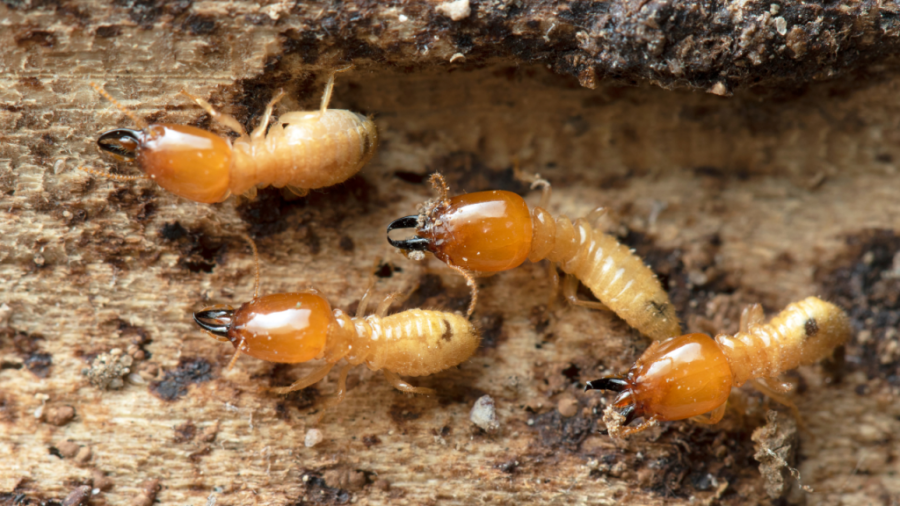
As a homeowner in Fort Myers, you’re no stranger to the warmth and humidity that create the perfect breeding ground for termites. These pests may seem harmless at first, but they can cause devastating damage to your home if left unchecked. In fact, termites are responsible for billions of dollars in property damage each year across the U.S. — and Florida is one of the most affected states. Here’s why termite prevention should be a top priority for any Fort Myers homeowner.
Your home is likely the largest investment you’ll ever make. Termites can silently and steadily eat away at the wood structure of your home, causing costly damage before you even realize there’s a problem. Preventative measures, like annual inspections and professional treatments, can save you from a costly and stressful repair bill down the road.
Fort Myers’ tropical climate is ideal for termites, especially the destructive subterranean variety. The moisture in the air and the warm temperatures year-round provide the perfect environment for termites to thrive. Without proper prevention, you’re putting your home at a higher risk of infestation.
Treating an existing termite infestation can cost thousands of dollars, especially if structural repairs are needed. Preventing termites before they invade your home is far more affordable and less disruptive. Routine inspections by a pest control expert can identify signs of termite activity early and help stop infestations before they get out of hand.
Termites target wood, and that’s exactly what your home’s frame is made of. Over time, even a small infestation can weaken the structure of your home, leading to expensive repairs or even unsafe living conditions. Regular treatment and monitoring give you peace of mind, knowing that your home’s foundation is secure.
The key to effective termite control is early detection. If termites are caught in the early stages, they are much easier—and cheaper—to eliminate. Professional pest control companies use the latest technology such as Sentricon to spot termite activity even before it becomes visible to the untrained eye.
In Fort Myers, termite prevention is not just a good idea—it’s a necessity. With the right precautions in place, you can protect your home from these destructive pests and avoid the high costs associated with repairs. Don’t wait until it’s too late—schedule an inspection today and take the first step toward protecting your home from termites.
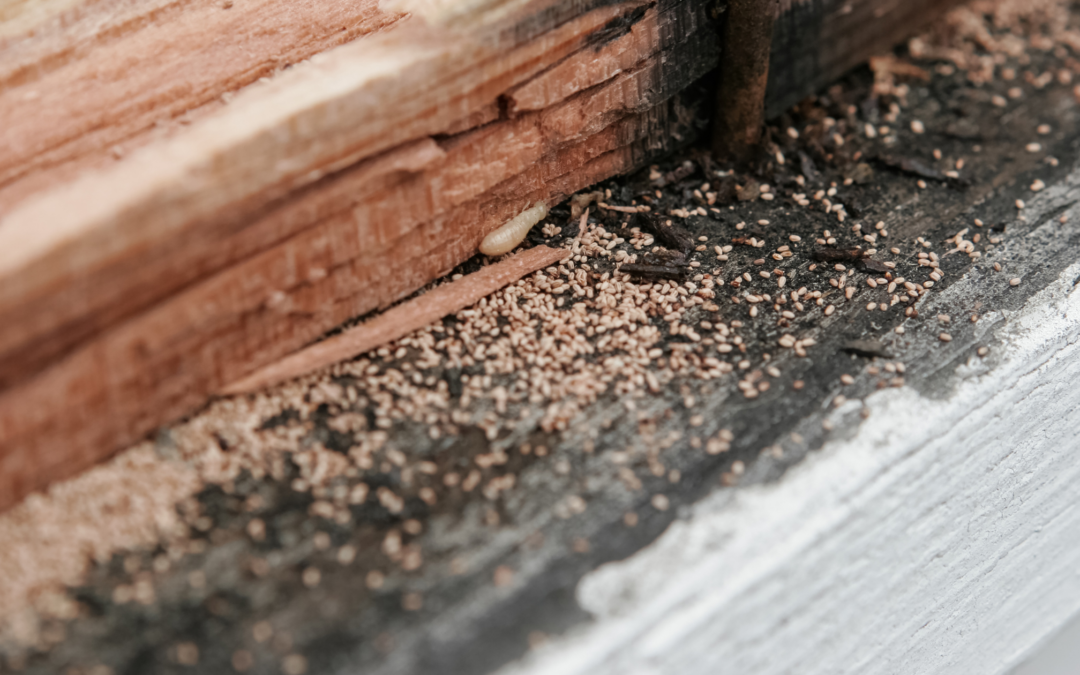
Termites are among the most destructive pests that can invade your home, often causing extensive damage before being noticed. Regular termite inspections by professionals are crucial to protect your property. If you’re searching for “termite inspectors near me,” this guide will help you understand what to expect during an inspection and how to keep termites at bay.
Yes, termite inspectors often examine the interior and exterior of your home. While termites can cause visible damage outside, their most devastating effects occur within walls, ceilings, and other structural elements, making it necessary to inspect inside. Inspectors will check basements, crawl spaces, and attics, as these areas are prone to termite activity.
If termites are detected, your pest control company may recommend the following treatments:
The cost of a termite inspection varies based on factors such as your home’s size and location. Many pest control companies offer free inspections or bundle the cost with treatment plans. Be sure to inquire about pricing when scheduling.
Termite infestations can be devastating, but routine inspections by qualified termite inspectors ensure your property stays safe. If you’re worried about “termite infestation” or “termite damage,” don’t wait until the problem worsens. Contact a reliable pest control company to inspect your home and provide effective solutions.
For trusted termite control services in Georgia, request an inspection today!
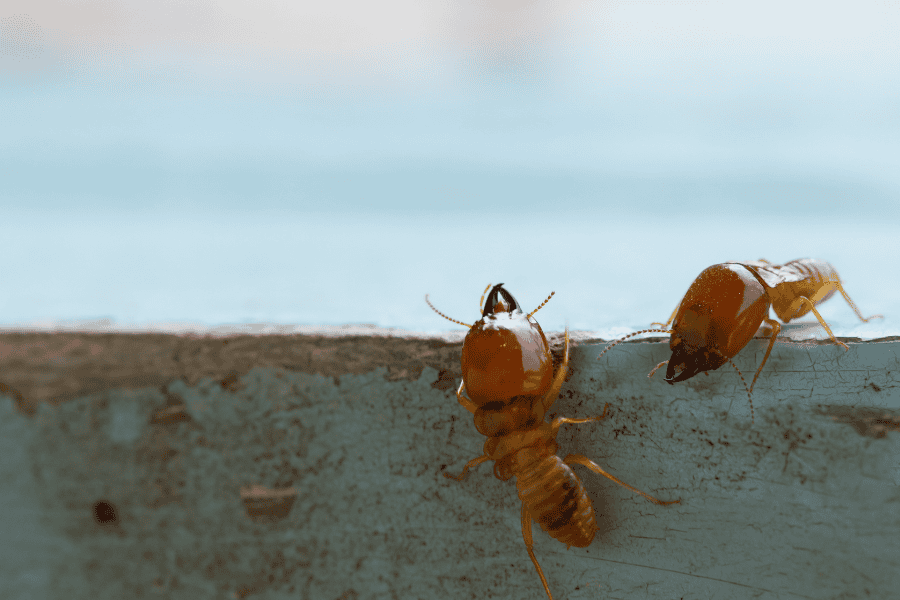
Termites are one of the most destructive pests, capable of causing significant damage to commercial properties. Their ability to silently infiltrate and compromise the structural integrity of buildings makes them a serious threat. Effective termite control is essential to protect your investment and ensure the safety of your property. Explore the importance of termite control for your business, the types of termite infestations, and the best strategies for effective termite management.
Termites can cause extensive damage before their presence is even detected. They feed on wood and other cellulose materials, weakening the structure of buildings and potentially leading to costly repairs. For commercial properties, this not only affects physical integrity but also can disrupt business operations and impact your reputation.
Regular termite inspections and proactive control measures are crucial in preventing infestations and mitigating damage. By understanding the signs of termite activity and implementing effective control strategies, you can protect your property and avoid the significant costs associated with termite damage.
There are several species of termites, but the most common ones that affect commercial properties are:
Detecting termite activity early is critical for effective control. Here are some common signs to watch for:
While DIY methods can offer temporary relief, professional pest control services provide comprehensive and long-term solutions. A qualified commercial pest control company can:
Effective termite control is essential for safeguarding your commercial property from the destructive impact of these pests. By understanding the types of termite infestations, recognizing signs of activity, and implementing comprehensive control strategies, you can protect your investment and maintain a safe, functional property. Be sure to call a pest management team near you for a free, personalized, no-obligation quote!
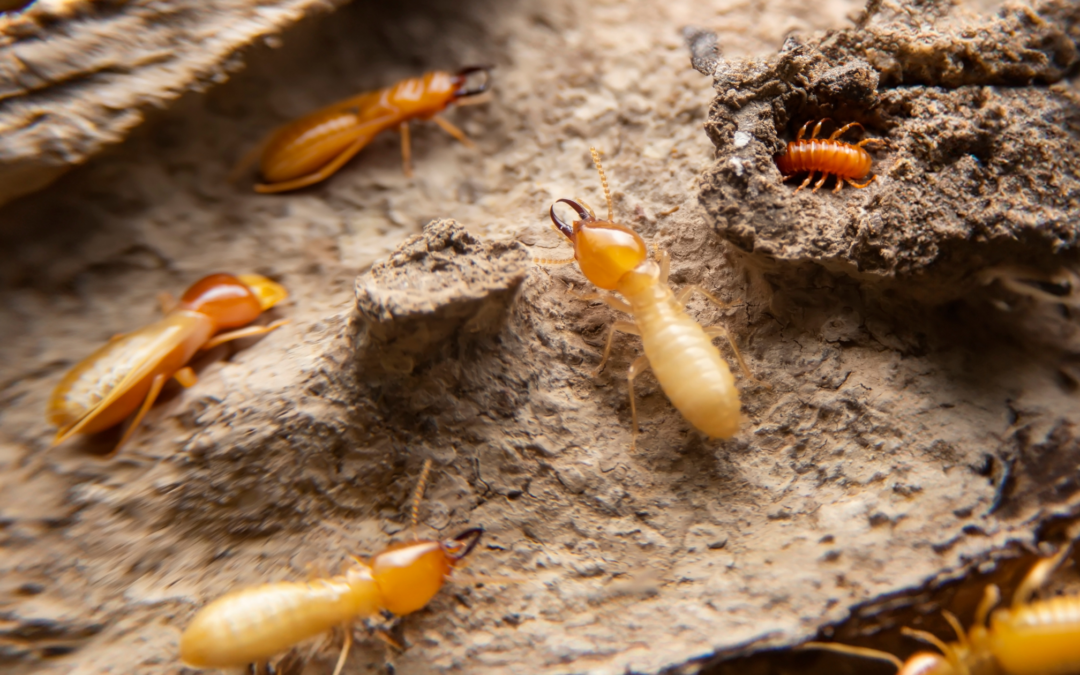
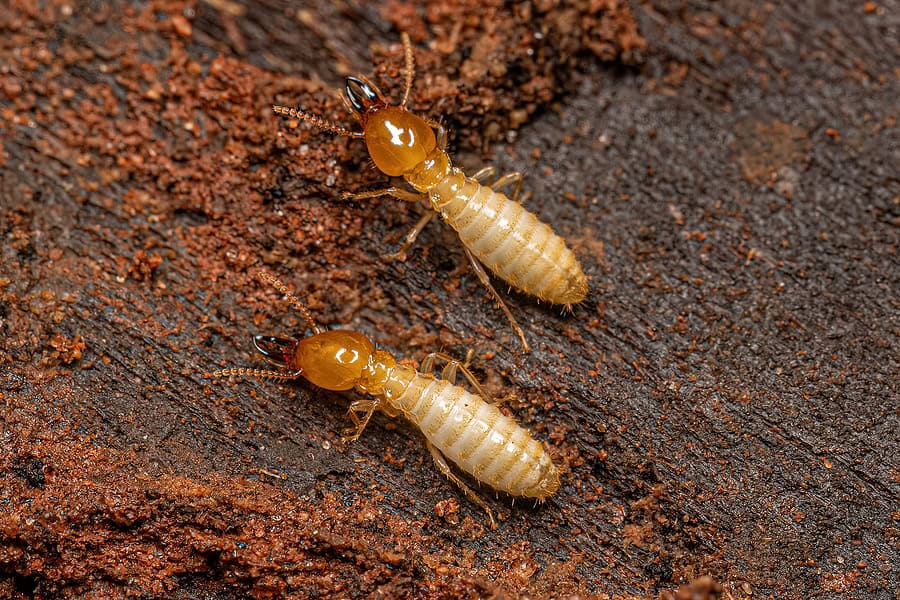
Subterranean termites will go undetected and cause severe damage to Florida homes. While there are several species of termites, subterranean termites are one of the most popular species found in areas of Florida. We breakdown what you should know about these termites and how you can prevent them from infesting your home.
Subterranean termites need a water source and soil to survive and form their colonies. These termites create mud tubes to travel back and forth between your home and their nest. These tubes protect them from damage and predators, and allow them to accumulate moisture for survival.
Subterranean termites are active year-round, with swarmers being the earliest sign of their activity. Termite swarming season in Florida can start as early as February and run all the way until June. Spotting swarmers around your home is the first indication that a termite colony is present nearby, and another one could be starting up soon.
Subterranean termites will stay hidden within wood and underground within their colony. Their mud tubes will protect them and allow them to stay hidden when traveling back from their nest to your home. These mud tubes are typically about the size of a pencil and can be on ceilings, walls, exterior surfaces, and on the sides of slabs.
Since these colonies stay hidden, it can be very difficult to detect them, allowing them to cause extensive damage to homes. Many termite infestations can go unnoticed until it’s too late for early treatment before their damage is done. In the United States, termites are known to cause over $5 billion in damage to homes annually.
There are several preventative options that Florida homeowners should consider to prevent termite infestations. Several pest control companies provide varying techniques of termite management, including liquid barrier treatments and termite bait treatments, such as the Sentricon®️ Always Active Bait Station. These preventative measures also include annual inspections along with their treatments to provide you with the peace of mind that your home is always being protected from termites.
If you’re interested in termite control, reach out to a pest control company near you. These professionals will provide you with a thorough inspection and a customized treatment and prevention plan for your home.